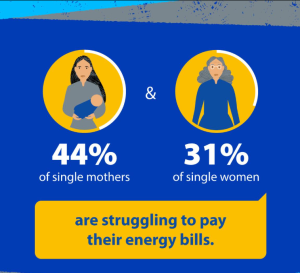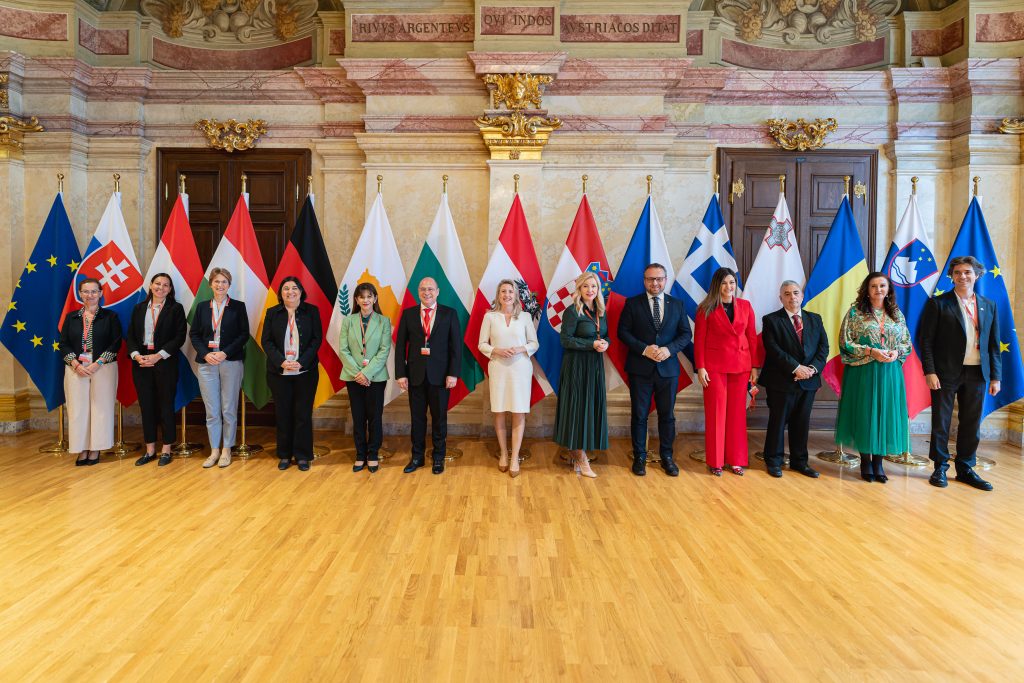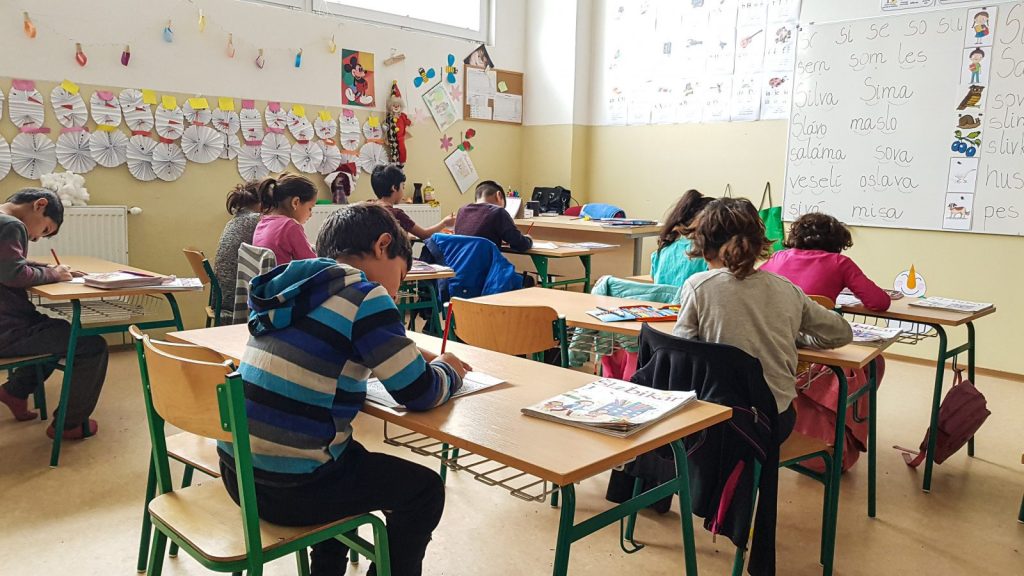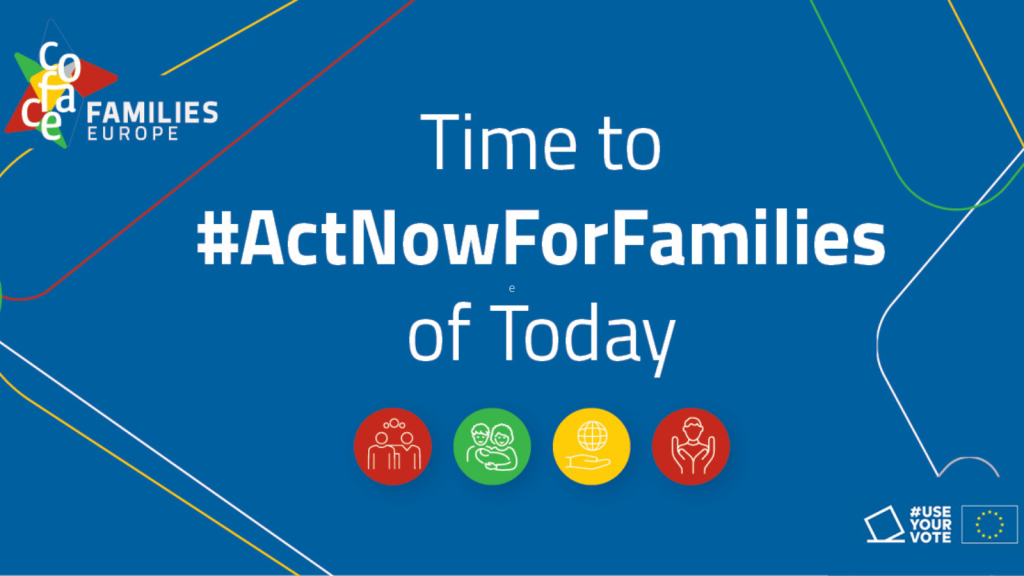Media release. Brussels, 8th March 2023, International Women’s Rights Day.
On this International Women’s Day, COFACE Families Europe is calling on the EU and Member States to act now for the economic and social rights of single mothers.
On the occasion of International Women’s Day 2023, COFACE Families Europe focuses its call to action on single mothers. While single motherhood does not automatically mean vulnerability, statistics and testimonies show that this status puts women at increased risk of poverty and social exclusion. As nobody’s social, political, or economic prospects should be dictated by their relationship status, COFACE Families Europe calls on all stakeholders to reflect on policies and practices to support single mothers and their children.
In the EU in 2021, 6.0 % of women aged 25-49 lived alone with children, compared with 1.1 % of men of the same age[1]. Hence it is impossible to separate the issues faced by single parents from the ones of gender equality and achievement of women’s rights. Gender was one of the central points of the reflection for COFACE’s expert meeting on “building effective policies to support single parenthood”. Inputs from experts from various fields influencing family well-being shed a light on the situation of single-parent families in the EU, focusing on recent changes due to new policy and economic shocks.
From housing to mental health, the needs of single mothers are multi-faceted and there is an urgent need to design appropriate answers across the policy fields. There are solutions that already exist across Europe and we need to move towards a society where being a single parent is not a factor of vulnerability or considered an unsustainable economic choice but a socially and economically safe life course. While the recognition of family diversity is more and more present in EU social policies, such as the European Child Guarantee for instance (which points out single parenthood as a factor of vulnerability) there is still a long way to go to ensure that family diversity is recognised and appropriately taken into account in all policies. As Europe is undergoing multiple crises, it is more important than ever to ensure that no families are left behind because of their composition. COFACE Families Europe advocates for all families to be supported with a mix of resources, services, and time arrangements that allows them to be meaningfully included in society and preserve their well-being and boost their resilience.
This year, COFACE is paying specific attention to energy poverty as the soaring prices of energy are putting a strain on families all over Europe. Studies have shown that women-headed households were more at risk of falling into energy poverty and that energy poverty, much like other forms of poverty, is not a natural state but the result of political choice. As a member of the Right to Energy Coalition, COFACE advocates for the green transition to be a fair transition leaving no one behind.
On this International Women’s Day, we are calling on the EU and Member States to act for single mothers’ economic and social rights. Annemie Drieskens, President of COFACE Families Europe said: “It is clear that life in single-parent families is more complex. Whether it is a long-term or a transitory situation in their life course, whether it is chosen or incurred, single motherhood is too often a risk factor of poverty and social exclusion. The capacity of single mothers to be resilient and respond to socio-economic challenges must be addressed through inclusive European and national policies so that no member of the family is at risk.” Read our full meeting report on Building Effective Policies to Support Single Parenthood to learn more about the issues and the solutions that member states and COFACE members offer across 8 EU countries on different aspects affecting single mothers.
//ENDS
[1] https://ec.europa.eu/eurostat/cache/infographs/womenmen/bloc-1b.html?lang=en

Source: Eurofound 2022





